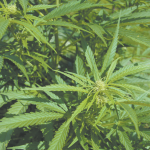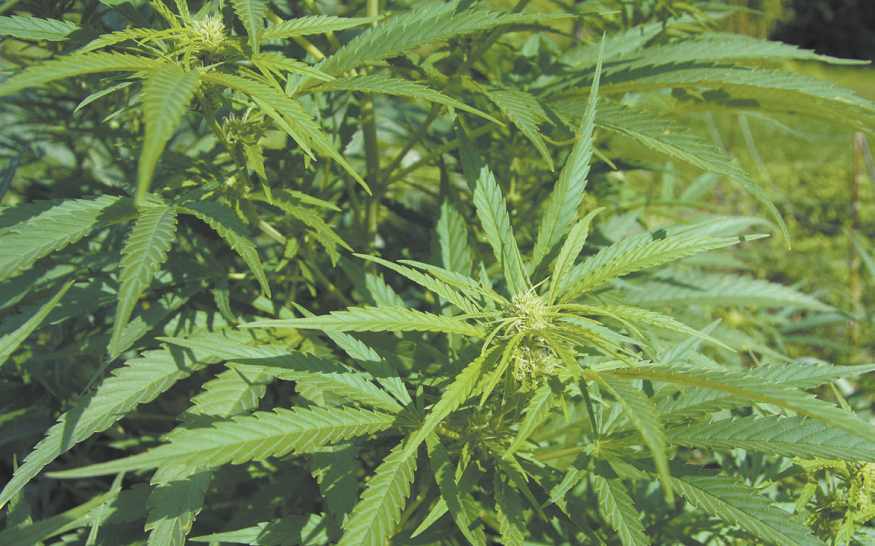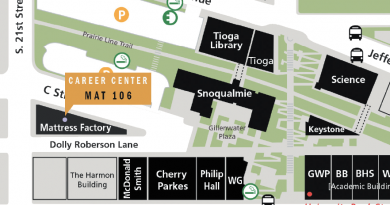Washington State Pot Laws: An Economic Nightmare
In the summer of 2014, marijuana was legalized in Washington State. During that time, there was a shortage of weed, sold at extremely high prices. Now, less than a year later, there’s an oversupply of weed with not even half being sold at the same absurdly high prices, bringing serious growing pains to the new industry. Due to the overabundance of marijuana, growers are desperately struggling to sell their product. Some are finding it tougher than expected to make a living in legal weed. State data shows licensed growers harvested 31,000 pounds of marijuana last fall, yet even today Washington’s relatively few legal pot shops have sold less than 20 percent of that.
Why? The prices haven’t changed much. It’s still the same $23-$25-per-gram range it was before when pot was selling in the market. It’s because many marijuana users buy the untaxed pot they get from black market dealers or unregulated medical dispensaries instead, which are priced no higher than $15-per-gram. Who’d buy $25 pot at a legal store when you could get it for $10 at medical marijuana dispensaries and farmers’ markets? There’s a huge price difference between legal pot shops and the black market. Growers complain that because of Washington’s high tax cost legal stores can barely compete with the black market while paying farmers sustainable prices.
It’s still a new market, so it’s only natural for marijuana prices to keep fluctuating for another year or so. Still, due to a surplus in supply, growers struggle to sell their product. There are about 270 licensed growers in Washington with only 85 or so open stores for them to sell to. It’s expected that a hundred more should open within the next few months, but a painfully slow and difficult licensing process is also at fault. Many claim it’s been a mistake for the state to license so much production when there aren’t enough legal stores to sell them.
The only other state with legal marijuana sales, Colorado, has a differently structured industry. Regulators keep demand higher than supply. They’ve also kept a lid on production to prevent their pot from reaching other states, although those limits were loosened last fall as part of a planned expansion of the market. This “more demand than supply” industry has proven significantly effective for Colorado, meanwhile our “more supply than demand” has given Washington a weed headache.
Here, many growers have unrealistic expectations about how quickly they should be able to recoup their initial investments. Due to the lack of sales, pot farms are running out of money. They’re selling at losses and are barely able to stay operational. Some of Washington’s retailers have been accused of marking up the wholesale prices three times or more. Two top-selling Seattle stores, Uncle Ike’s and Cannabis City, who each had sales topping $600,000 a month, respond that they are not making money due to low demand for high-priced pot and their high taxes.
Growing legal marijuana in Washington State has become an economic nightmare, especially for pot farms. Many say it was a mistake for the state to license so much marijuana production while lagging in the licensing of retail stores that sell pot.






